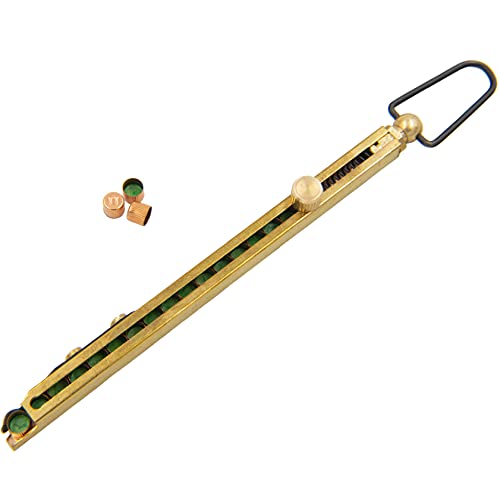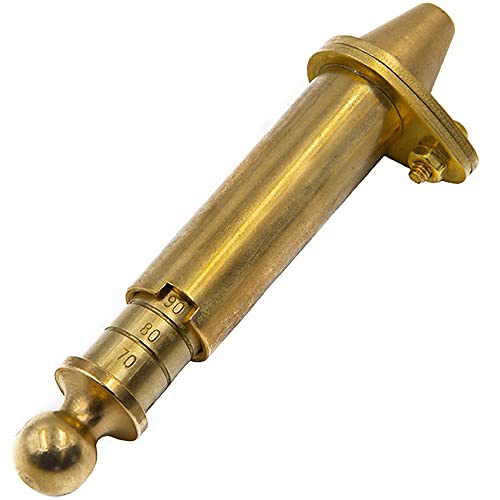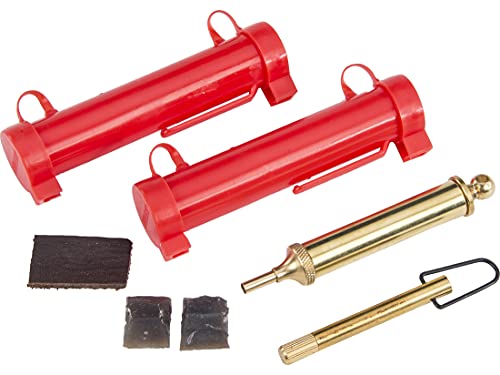WD-40!!
I don't want to say roundball is wrong, because there are some people that use WD-40 and have no problems with it, but there are a dozen shooters I can think of that have had nothing but trouble with jamming and gumming after using WD-40.
Don't want to step on your advice roundball, you've definately been shooting longer than I have, but I have a theory about WD-40 from what I've heard and seen.
Maybe it does leave a varnishy film that gums up, but the way you guys clean your rifles after or while using WD-40 removes or softens that film so its not a problem.
I know that I decided to use WD-40 on a fishing reel once and It was liquid smooth as can be for about 1 hours fishing. After that everything started to slow down until it was as if it was chaulk full of frozen grease.
For water displacement, I have always used alcohol as I was taught, as even though I come from a cartridge rifle background, we never bought into this stainless nonsense. I've had many rifles flash-rust or develop surface rust, but with a wipe of alcohol it comes off and doesn't come back. I always wipe with alcohol if we are out hunting, then oil lightly, and we don't have problem.
One last bit, water doesn't cause rust, oxygen does. So even if you have moisture collecting on your barrel, lock, etc... the oil is still protecting it regardless of the position, on or below the water. The only time water is a problem is when your going to put your gun away. I don't leave water sitting on my guns while using them, but I don't panic about it either.
I don't want to step on anyones toes here, so this is all :imo: :results:
Lots of things work so only change what you do if you have a problem with what your already doing!





















